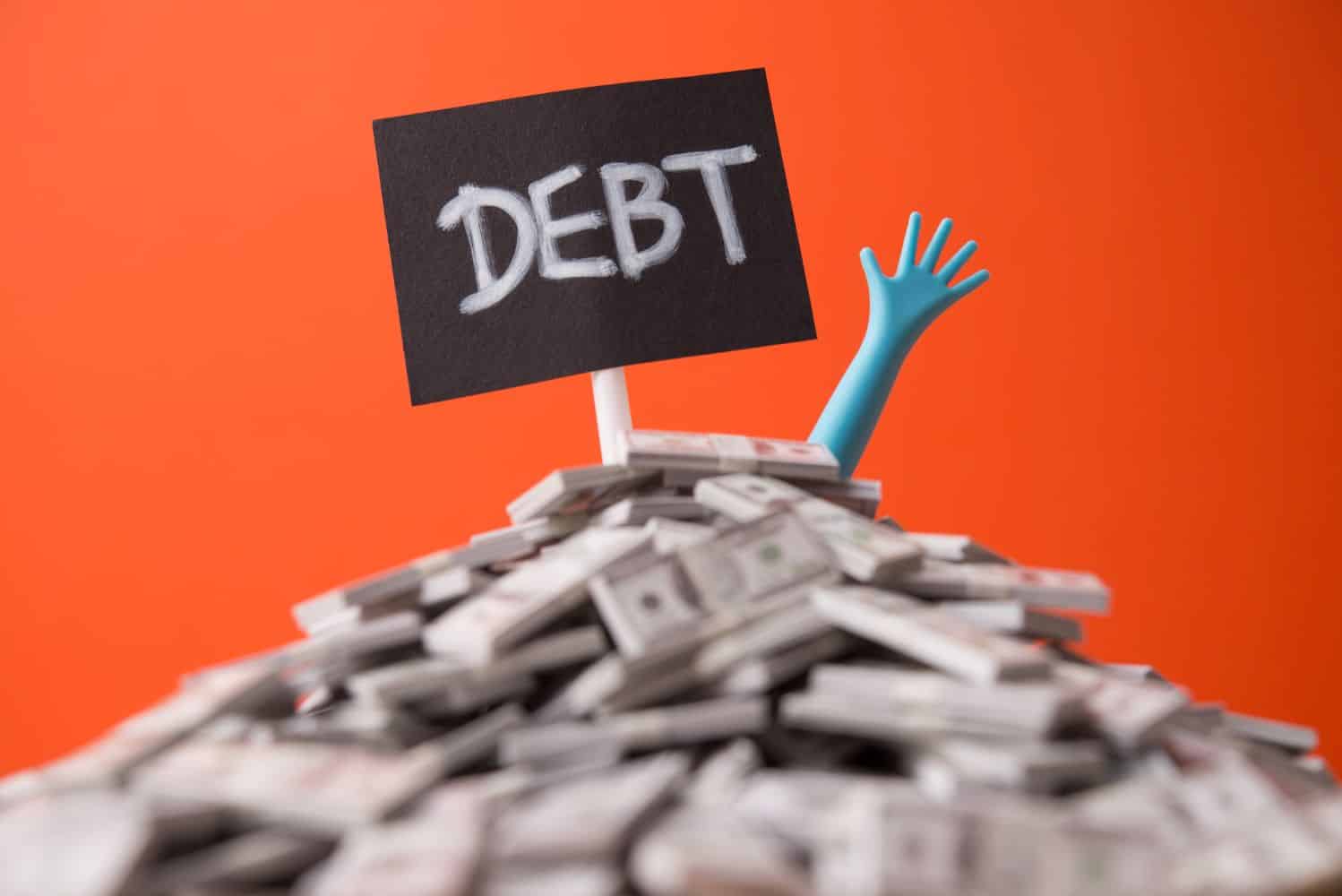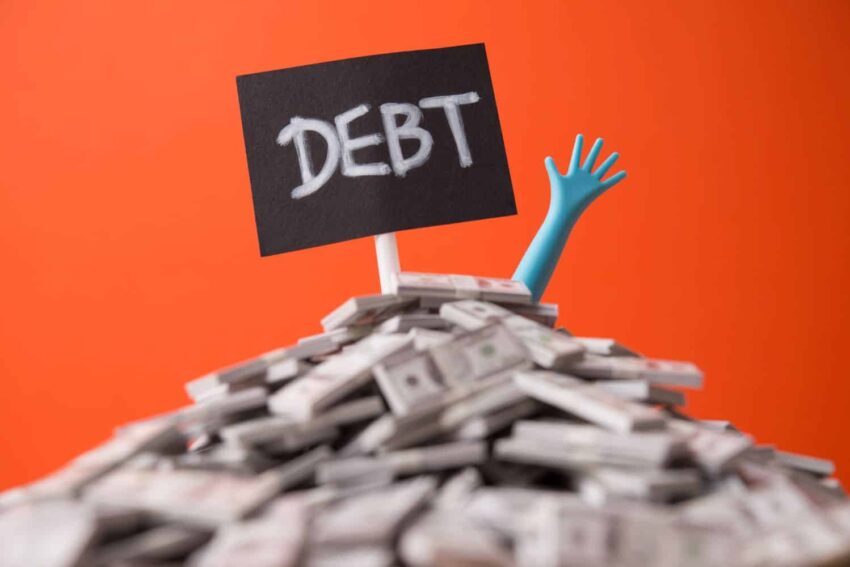
Consumers find it difficult to stick to a savings culture while the economy causes so much financial distress.
Concerning insights from the latest Debt Rescue consumer savings survey highlight a severe disconnect between South Africans’ desire to save and their inability to.
This is in no small part due to South Africa’s struggling economy and its impact on consumers, painting a grim picture of a nation living from month to month and on the brink of financial ruin.
Neil Roets, CEO of Debt Rescue, says with the majority of consumers now barely even able to live from pay cheque to pay cheque and many relying on freelance or seasonal work, savings are becoming a luxury most South Africans can no longer afford.
He emphasises that they need urgent, practical financial support to help households build financial resilience in an increasingly unaffordable economic climate.
“At least two-thirds of our respondents say that despite prioritising saving every month, they are finding it close to impossible to do so now, due to financial hardship and challenges resulting from the country’s economic downturn.”
ALSO READ: Ordinary South Africans will feel impact of US tariffs
Survey shows consumers are trying to continue savings culture
Key insights from the survey, which coincides with National Savings Month in July, show that South Africans are desperately trying to secure their future finances and shield their families from even greater economic duress, but are failing miserably due to immediate basic needs barely being met.
A total of 48% of respondents report that they cannot cover basic essentials like food, energy, housing and healthcare, while another 41% say they only just manage their essential day-to-day living costs.
Roets points out that there is clearly no lack of will on the part of consumers.
“While it is encouraging that 87% of respondents are actively trying to improve their saving habits, the resolve to save is simply not enough in the face of serious financial strain.”
He says the unsustainably high cost of living is the primary barrier, with nearly half of those polled (47%) citing the high cost of living as their main barrier to saving, while 27% attribute unexpected expenses such as medical bills as the primary reason they fail.
ALSO READ: Latest petrol price increase puts SA consumers on backfoot again
This is how savings culture is failing in SA
Some of the stand-out insights from the survey are:
- 35% of respondents prioritise building an emergency fund as their most important savings goal, highlighting how many are conscious of the reality that they might be living one crisis away from financial collapse.
- Almost a third (27%) do not save any of their income, while 29% save less than 5%. Only 18% manage to save more than 10% of their income monthly.
- Saving behaviours are worsening: 26% of people polled say they save less now than they did a year ago, while 23% say they stopped saving altogether. Only 20% managed to increase their savings.
ALSO READ: Are you a young professional? Here’s how to avoid the debt trap
Beware: hope is not a strategy – avoid online gambling to save your financial problems
On the back of the financial travails that plague millions of South African households, a mammoth new social ill has reared its ugly head and is far bigger than most people realise, Roets says.
Online gambling increased by 550% in only four years with no sign of a reprieve, reaching a turnover of R1.14-trillion in the 2023/24 year, or nearly 17% of GDP.
The best available research shows that it is mainly low-income South Africans who gamble away an astonishing share of their monthly pay, out of sheer desperation, undoubtedly hoping for big winnings that will somehow transform their circumstances.
“Meanwhile, the national consumer debt crisis is deepening with the latest figures showing that the debt to disposable income ratio for South African households has increased to a current level of around 75%, which is higher than the long-term average of 70% according to the South African Reserve Bank (Sarb).
“What all of this points to is that, while South Africans want to save, they simply do not have the means to do so and are relying more and more on credit, the state and/or turning to risky behaviours like gambling to manage everyday living costs.
“Consumers have already started to downgrade their lifestyle costs or cut them out completely, and this is very concerning in areas such as insurance, which places them in a vulnerable situation.”
